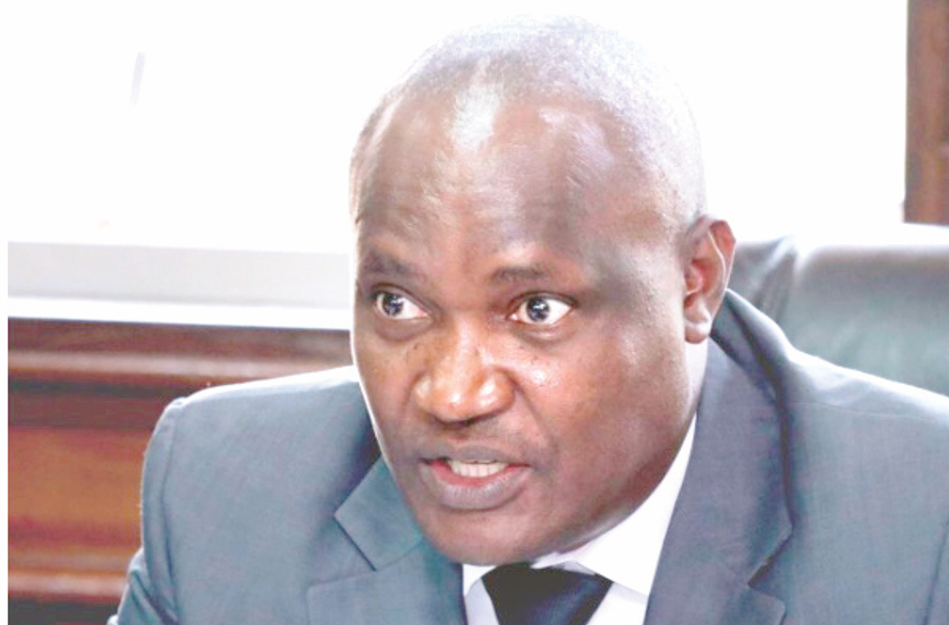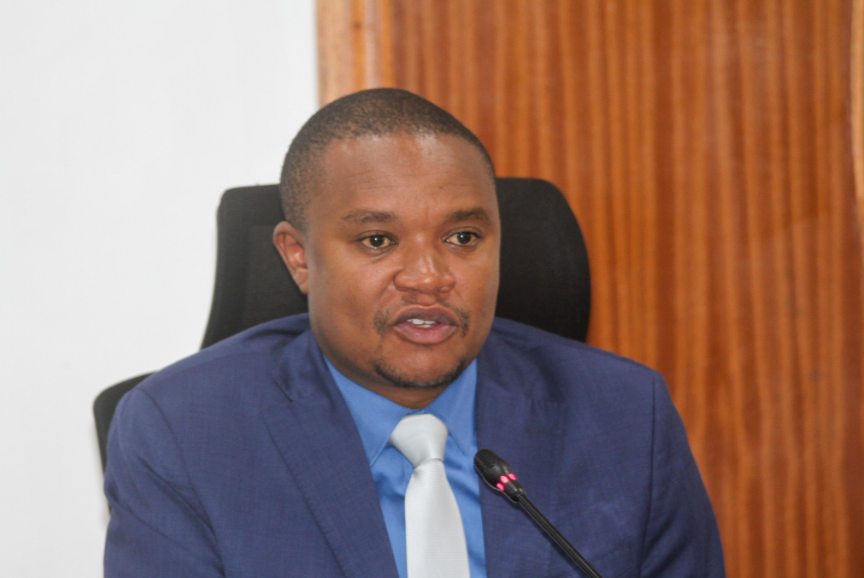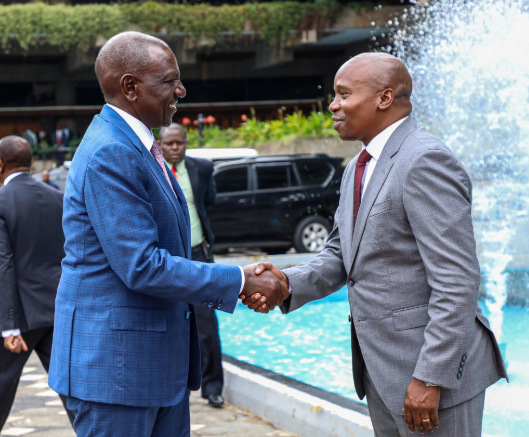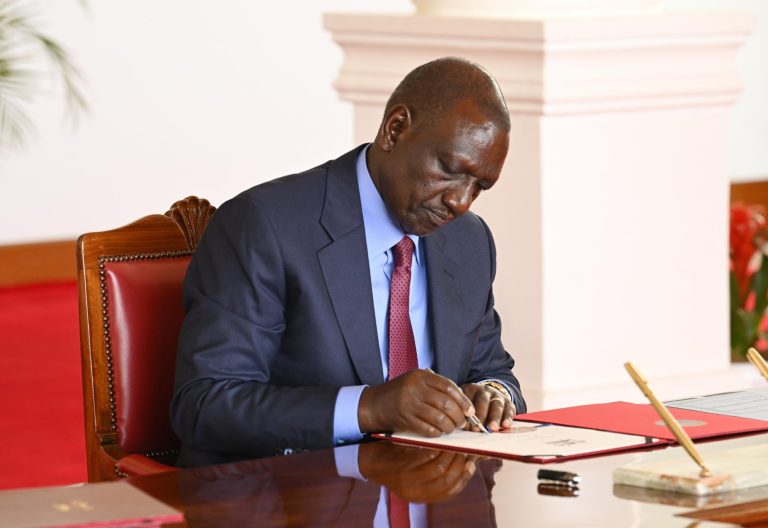Devolution holds promise for national cohesion
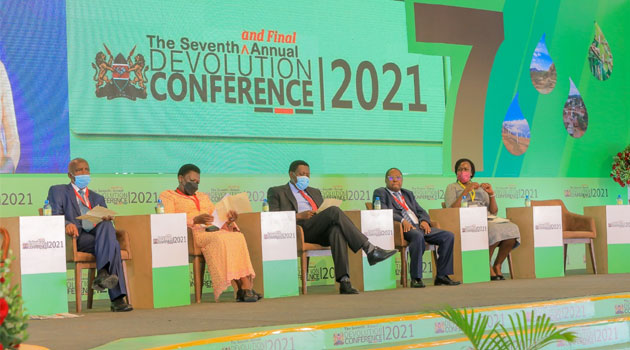
Latest developments on the Kenyan political landscape have not been encouraging for democratic forces clamouring for truly representative inclusion in the national constitutional order.
Since the recent hotly disputed presidential election, the winner-takes-it-all mentality has crept back into national politics, with power dynamics seemingly overwhelming the letter and spirit of the Constitution of Kenya, 2010.
The drafters and defenders of the Constitution are aghast at developments that bring past images of an all-powerful one-party state dominating a weakened opposition in Parliament and government.
Talk of “state capture” in the past administration pales in comparison to the alacrity and aggression with which the current one has moved to consolidate state power after capturing electoral victory and the National Assembly and the Senate. The aggrieved Opposition is destined for confinement to minority roles in both Houses of Parliament despite promising to take the battle to court, where prevailing judicial perceptions in the new order do not seem to favour their cause.
These developments confirm that inasmuch as the drafters of the Constitution tried to make the sacred document watertight in its subservience to the sovereignty of the people and the doctrine of separation of powers, it can still be manipulated to suit the interests of the powers that be.
Constitutional experts say one clause victim to manipulation is Chapter Six on Leadership and Integrity, with individuals of questionable character and unabashed political loyalists forcing their way into positions of power and influence within the three arms of government. Such manipulative acts encourage corruption eating away at national economic, justice structures, and social fabric. They aggravate poverty, unemployment, underdevelopment, and haemorrhage national unity. Contrary to current power barons’ claims, ethnicity still drives Kenyan politics.
Manipulation of the Constitution has entrenched a culture of “winners” self-entitlement, political deception, hypocrisy and impunity. It props the deep national divide persisting beyond the last election, generating feelings of despair and exclusion among the “losing” side and their supporters.
Current Kenyan power politics is the product of adept players’ well-calculated moves intrinsically manouvering the complex ethnic labyrinth dating back to the pre- and post-independence era, successfully massaging the Constitution to become pliable to their advantage. The only and main product of the Constitution that has defied manipulation and has the greatest potential as an instrument to spur development in all 47 counties and anchor the pillars of national cohesion across the political and ethnic divide, is devolution.
From the Council of Governors to people at the grassroots and their ward representatives, all Kenyans agree that devolution is the best thing that happened in the Constitution in 2010. That is why even ardent foes in the political and legislative establishment who fought a bitter constitutional and judicial war over the Building Bridges Initiative (BBI) warmly embrace in calling for more funds to be allocated to devolved governments.
Yet devolution also faces the biggest threat that has haunted all elected governments from 1963 to date – corruption. Perhaps, in very rare cases, politicians can become both advocates of democracy and human rights as well as good managers.
Anti-graft and prosecutorial agencies should ask ALL new and second-term governors regardless of political affiliation to emulate Siaya Governor James Orengo’s timely order for independent forensic audit into county finance and human resource activities.
Such noble actions will enable the Constitution and devolution to effectively contribute to inclusive, equitable, sustainable development and national cohesion for all Kenyans.
—The writer comments on political and justice affairs. – [email protected]
